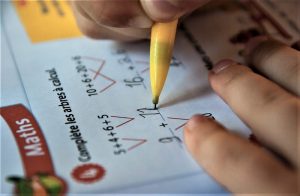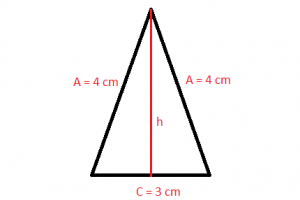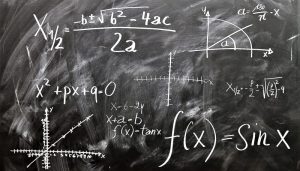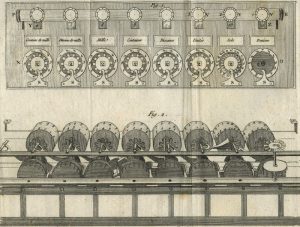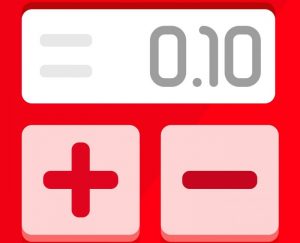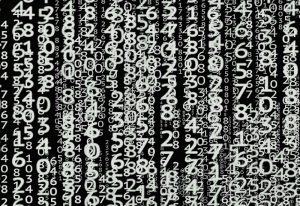Commutative property
In mathematics, the different operations have different types of properties and one of the most important is the one that indicates that the order of the factors does not alter the product. The commutative property is a mathematical property and rule that explains that the order in which we multiply or add the numbers of an operation does not change the product or result. This property applies to both, multiplication and addition. When we look for the way to clear an incognita, it is very important to know the properties involved in the mathematical operations and in the equation to avoid making possible mistakes. Mathematics is an exact science that leads to look for a single possible value and avoid making mistakes.
What is commutative property?
The commutative property is that mathematical property that has both addition and multiplication which explains that the order in which we place the numbers within a mathematical operation will not alter the result of the same.
What is the commutative property for?
The commutative property is a mathematical norm that gives us the ability to order numbers in a different way without the operation suffering any type of alteration in its result, in other words, it gives us the possibility of adding or multiplying numbers in any order to obtain the same result. Knowing and learning this commutative law, when we add and multiply is quite useful in our daily life, mainly when we are doing equations with unknowns, this because it helps us to remove the complicated parts when there is a determined order in each of its factors and summands.
The property can be applied to obtain several equivalences and also increases the number of combinations that the operation has. The property can also be applied to other types of operations such as sum of vectors, polynomials, matrices, etc. It can also be applied to some fields outside mathematics such as propositional logic, operations related to the theory of groups, and in physical applications such as the uncertainty principle to quantum mechanics.
History
The history of commutative property is based on algebra, which is the branch of mathematics that studies how to combine the elements of structures according to certain rules, whether numbers or quantities. The roots of the word algebra can be traced back to ancient Babylonian mathematics, where it was possible to develop an arithmetic system with which they were able to perform calculations in algorithmic form. Commutativity was already known in antiquity in elementary operations, addition and subtraction. Through the consequent enlargements that the concept of number suffered, the scope of the operations of adding and multiplying was extended.
Commutative property of the sum
The commutative property of the sum is also known as the order property of the sum. The property indicates to us that the summands or numbers that are in the sum can be added regardless of the order that these have and giving us as a result the same number.
For example, the following sum: 4 + 2 = 2 + 4
We can observe that the two sums present in the addition result in the number 6, regardless of the fact that in the second we altered the order, putting the numbers upside down. This is because the commutative property of the sum establishes that the order of the products will not affect the result or the value of the sum.
Commutative property of multiplication
It is also known in the world of mathematics as the property of the order of multiplication. It tells us that the factors of a multiplication can be arranged in any order and that, in spite of this, we will always obtain the same result. An example of this can be seen in 2 x 3 = 3 x 2
When we are going to solve the previous operation, we can notice that the result of 2 x 3 is equal to 6, and that, if we multiply 3 x 2, the result will be the same 6, its order did not affect the result because it was the same.
Examples of commutative property
Here are some examples of operations that include the commutative property of multiplication.
- 4 x (6 + 3) = 4 x 6 + 4 x 3 => 4 x 9 = 24 + 12 => 36 = 36
- (3 x 2) x 5 = 3 x (2 x 5) => 6 x 5 = 3 x 10 => 30 = 30
- 3 x 8 = 8 x 3 => 24 = 24
- 654 x 987 x 321 = 987 x 321 x 654 = 321 x 987 x 654 = 207204858
- 8594 x 5261 x 5260 = 5261 x 8594 x 5260 = 237820558840
How to cite this article?
Briceño V., Gabriela. (2019). Commutative property. Recovered on 23 February, 2024, de Euston96: https://www.euston96.com/en/commutative-property/
